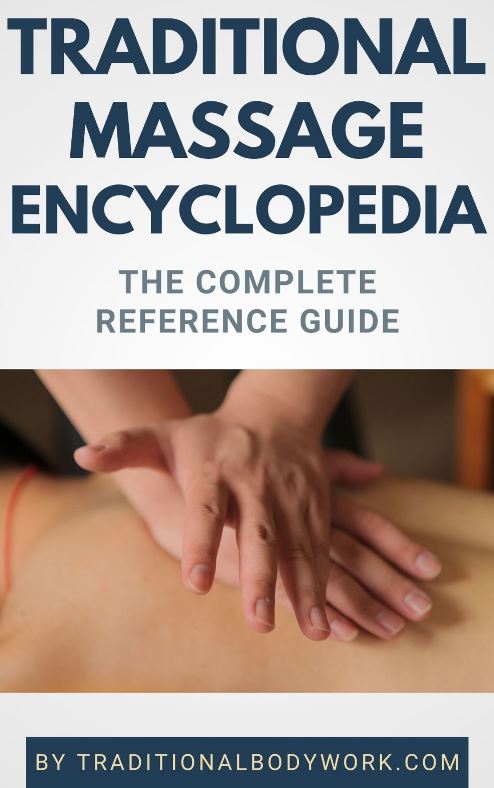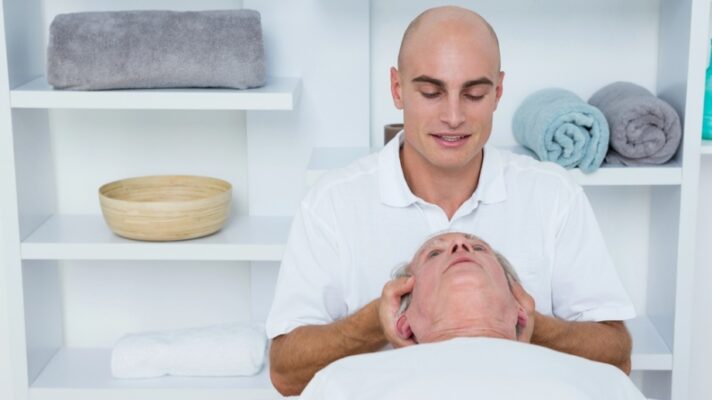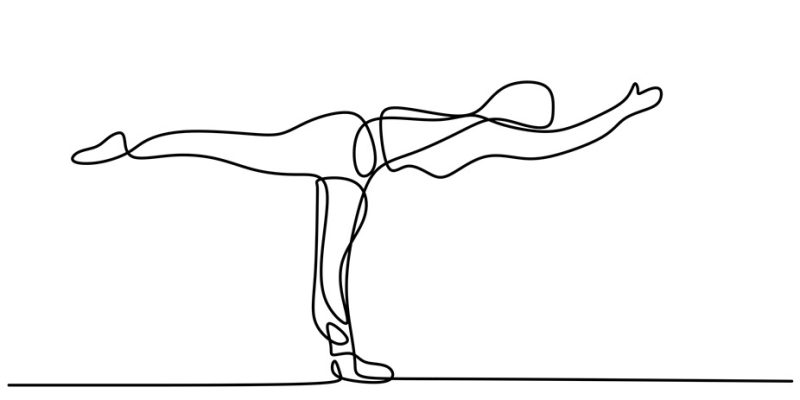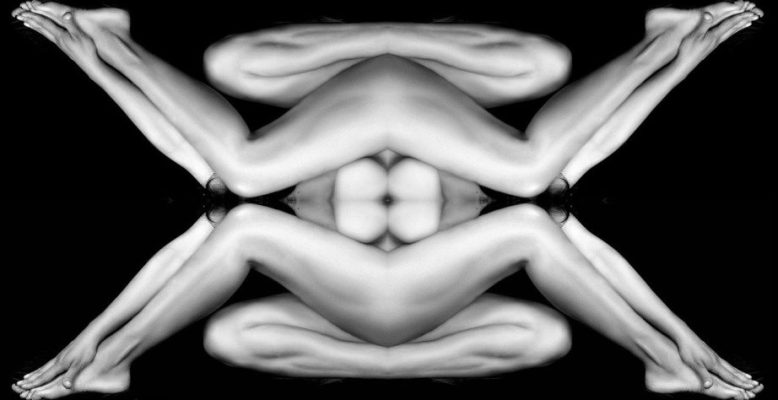
Clients visiting a massage therapist or enlisting for therapeutic bodywork typically have one or more physical complaints.
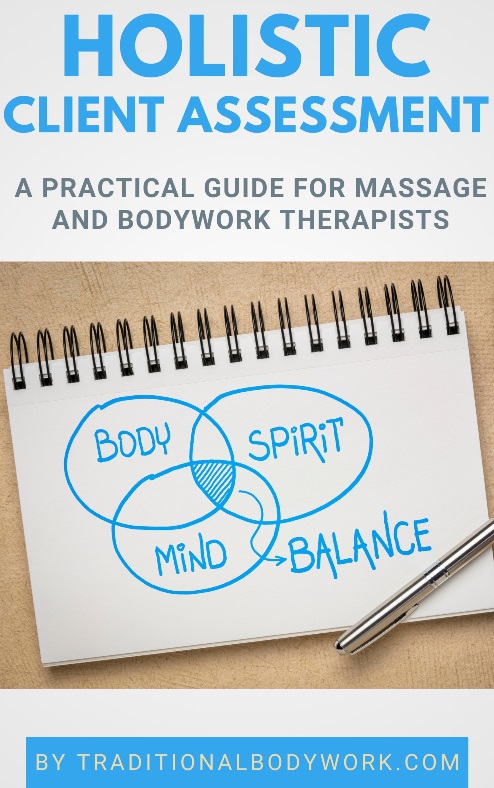
Yet, it’s only natural that they most likely also experience some kind of emotional or psychological distress with regard to those complaints, and seen from out a holistic viewpoint those also need to be taken into account in the treatment plan, or at least in the inquiry phase.
As a rule, there will always be some amount of mental stress or anxiety involved with regard to one’s physical health issues, which is a normal reaction of the body-mind unit when it sees itself confronted with pain, a challenging situation, uncertainty, or an obstacle.
Reacting with stress or anxiety is also associated with the “fight or flight” response. In fact, many things go on in a body that’s “under stress,” such as the hormones adrenaline and cortisol that are produced, the Autonomic Nervous System and hypothalamic-pituitary-adrenal axis that respond, musculature that contracts and tenses up, and so on. In itself nothing wrong there, because that all serves an appropriate reaction to a stressful situation.
Nevertheless, when clients find themselves in a perpetual, chronic stressful or anxious situation, it may finally result in accompanying physical health problems, which is defined as a psychosomatic reaction.
Some of the well-known health problems associated with continuing stress and anxiety are, for instance, high blood pressure, poor breathing — typically chest or shallow breathing — chronic headaches, heartburn, low back pain, neck and shoulder pains, a weak immune system, and/or depression.
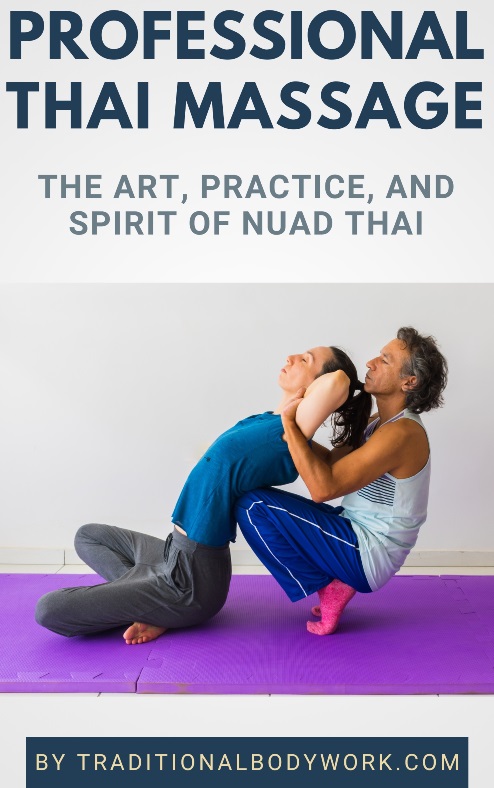
For bodywork and massage therapists it’s essential to assess which of the client’s symptoms i.e. physical issues are due to prolonged stress about primary physical complaint(s). That is, a therapist needs to distinguish between the client’s primary physical complaints and secondary physical complaints, the latter characteristically caused by stress and anxiety about the primary physical complaint(s).
It means that when we resolve the client’s primary physical complaints, the stress and anxiety that revolve around them will automatically disappear, which will also heal the stress-associated secondary physical complaints.
Nevertheless, it’s not always easy to assess what’s a primary and what’s a secondary, derived physical complaint. Therefore, it’s also crucial to perform a Holistic Psychosomatic Client Assessment, in order to better distinguish between the one and the other.

